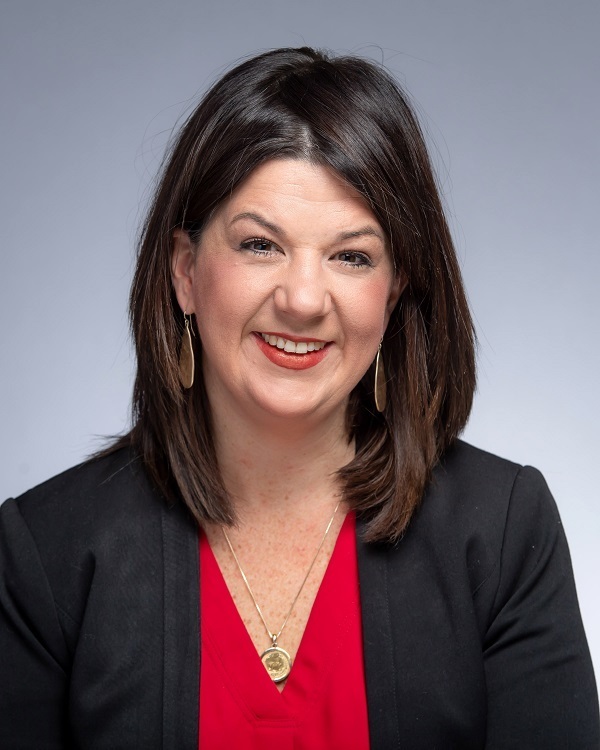
By Heather Reynolds, Managing Director
“We don’t have an access issue anymore, we have a completion issue.”
That was Bruce Sacerdote, LEO faculty affiliate and professor of economics at Dartmouth College, talking about the U.S. college completion crisis. Although 70% of high school graduates head off to college, only 35% graduate with a degree. Enrolling in college isn’t the challenge. Making it through is.
A post-secondary degree or certificate is one of the most straightforward ways to boost employment and earnings, so LEO needs to be a part of figuring out what works to help college students persist to graduation day. We partnered with The Institute for College Access and Success (TICAS) to host a virtual gathering, Comprehensive Approaches to Student Success—two days of expert speakers, rich conversation, and shared insights between service providers, policymakers, and researchers. The gathering’s goal? Distill what we have learned about promoting college completion among low-income students, and chart a path for using it to advocate and scale our collective impact.
“This work is hard,” Bruce emphasized over and over during his keynote address. Why? Research tells us that there is no quick fix to getting a student to persist through school. It takes guidance, customized solutions for unique needs, and walking with students for the long haul. Evaluations of several college completion interventions have illuminated strategies that work: pairing students with professional coaches to help them navigate the complexities of school and life, and low caseloads for those coaches so they have plenty of time to devote to each student. We’ve learned that financial assistance is important—but as a supplement to one-on-one coaching and mentorship, not as the key solution.
Bruce’s words are keeping me up at night: This work is hard, because juggling school, work, parenting, finances, and everything else in life is hard. How can we better support students, especially those from low-income backgrounds, to achieve their dream of a college degree and a more stable future? They deserve interventions that are proven to work.

Eight years ago I was leading a team of poverty-fighters at Catholic Charities Fort Worth (CCFW) when three economists from this new anti-poverty research lab at Notre Dame came for a visit. LEO co-founders Bill Evans and Jim Sullivan and board director and faculty affiliate Melissa Kearney wanted to see some of the interventions we had developed to help people escape poverty for good. They wanted to see how they could bring their research chops to the table to support our work.
We showed them one of our newest programs, Stay the CourseTM, serving 17 students on one campus of our local community college. I didn’t understand the potential of this little program until they asked, “Do you know how few students actually graduate from community college, and how little evidence exists about how to reverse this trend?”
And CCFW’s first randomized controlled trial was born. We wanted to know if the holistic and personalized coaching offered through Stay the Course really made a difference in increasing community college persistence. Or would students be better served if we simply invested in financial assistance to help them meet their needs?
After a year of studying Stay the Course, we learned something very important: Money alone was having no positive impact on students’ persistence. But for the student participants receiving coaching, results looked promising. We dropped the financial assistance program altogether and began to enroll more students into the holistic coaching portion of the program. We expanded to a second campus and began making plans to share our learnings with others.
The evidence we built told us that the Stay the Course model worked. We spent years studying, adapting, and scaling the model based on what we were learning. And today—we have an evidence-based model for community college persistence and completion.

This was a long time to be working so hard and looking for answers. Other people and organizations dedicated to helping students persist in college have made similar investments. Six organizations joined our convening (CCFW included, of course!) to share their evidence-backed models. Because of them and their courage to test their impact, we know a lot about what works to help students get to graduation day. TICAS is taking what we have learned and using it to recommend public policy that can support large numbers of students across the country—more than any one program could serve alone.
The University of Notre Dame calls us to respond with disciplined sensibility to the poverty that burdens the lives of so many. This is often at odds with our cultural tendency to fix problems now and fix them fast. But immediate and fast haven’t worked when it comes to supporting college students. College takes money, but money alone isn’t enough. College students are already bringing their hard work and disciplined sensibility to the life challenges that threaten to derail their college educations. We need to bring ours to match.
Poverty is a problem for the ages. Solving its complexities takes time, persistence, and evidence pointing the way to what works. A decade ago, we didn’t understand how to help post-secondary students graduate and step into their best lives. We understand now. We have evidence of the effectiveness of six innovative college completion programs. We can point to the specific interventions that are key to supporting students. That’s the power of service providers, academics, and policymakers working together for collective impact.
But the hard work isn’t over. It’s time to put this evidence to use.